Various Ways to Get a US Green Card (Permanent Residency)
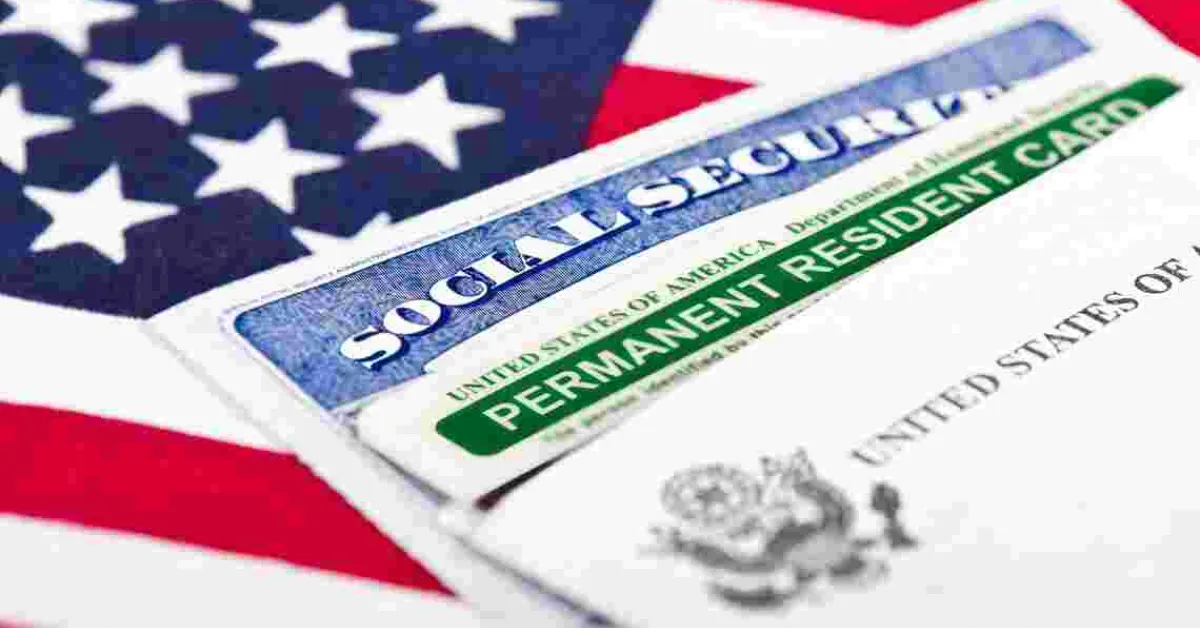
Each year, millions of people seeks for ways to migrate to the United States. There are however limited ways of doing so, and even more limited slots available for those intending to move to the country as permanent residents. In the fiscal year 2017 for example, 1,127,167 persons obtained permanent resident status, also known as green cards, in the US. In the same fiscal year, 757,000 permanent residents became naturalized US citizens.
The United States Citizenship and Immigration Services (USCIS) offers several ways of obtaining a green card. These include through your family, a job offer or employment, asylum among others.
Immediate Relative of a US citizen:
An immediate relative of a US citizen is defined by the United States Citizenship and Immigration Services (USCIS) as either a spouse of a US citizen, an unmarried child under the age of 21 of a US citizen, or a parent of a US citizen who is at least 21 years old.
There is no limit to the number of green cards that can be issued by the USCIS each year to immediate relatives.
Other Relative of a US Citizen or a Relative of a Lawful Permanent Resident:
This includes unmarried son or daughter (21 years or older) of a US citizen, married son or daughter of a US citizen, brother or sister (21 years or older) of a US citizen, spouse of a lawful permanent resident, unmarried child under the age of 21 of a lawful permanent resident, or unmarried son or daughter (21 years or older) of a lawful permanent resident.
A maximum of 480,000 green card each year are granted under this category on a first come-first-served basis. As such, most foreigners applying under this category spend many years (as many as over 20 years in some cases) in the waiting list.
Employment:
140,000 green cards are issued each year to foreigners possessing unique talents or job skills that have shortage in the US. This category includes people with extraordinary ability in the sciences, arts, education, business, athletics, professors, and researchers. The cater also include physicians willing to work in designated underserved areas within the US for a set period of time, as well as those investing at least $1 million in a new business in the US that will create at least 10 full-time jobs.
Green Card Lottery:
50,000 green cards are made available each year through a lottery system to nationals or countries with historically low rates of immigration to the United States. Applications are submitted online for a period of one month between October and November each year.
Green Card as a Special Immigrant:
This category includes religious workers coming to the US to work for a nonprofit religious organization, a child that has been abused, abandon, or neglected by a parent and have a Special Immigrant Juvenile (SIJ) states, an international broadcaster coming to to work in the US as amber of the media, as well as retired officers or employees of certain international organizations or NATO.
Refugee and Political Asylum:
Refugees and those living in the US on asylum can apply for a green card one year after being granted refugee/asylee status. This includes people who fled their home countries for fear of, or experienced persecution based on race, religion, nationality, political opinion, or for membership in a particular social group.
Green Card for Human Trafficking and Crime Victims:
Immigrants who have been victims of human trafficking and currently have a T non-immigrant visa , or who have been victims of a crime and have a U non-immigrant visa are available for apply for a green card.
Green Card for Victims of Abuse:
Abused spouses or US citizens or lawful permanent residents, abused children of a US citizen or lawful permanent residents, and abused parents of US citizens may all be eligible to apply for permanent residency.
Person born in the United States to a foreign diplomat:
If you were born in the United States to a foreign diplomatic officer who was stationed in the US when you were born, then you may be eligible to apply for a green card.
Section 13 (Diplomat):
If you were stationed in the US as a foreign diplomat or high ranking official and are unable to return home then you may be eligible to apply for a green card.
Under most of the above categories, permanent residents become eligible to apply for naturalization in five years provided they live permanently in the US for five years and have good moral character. Those married to US citizens become eligible to apply for citizenship three years after becoming permanent residents.

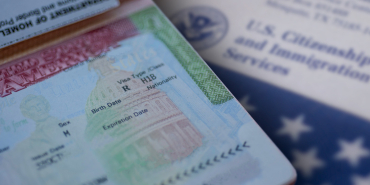
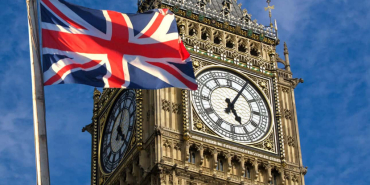
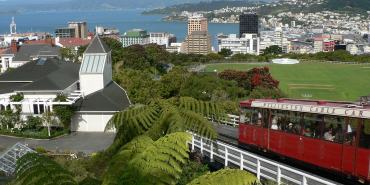
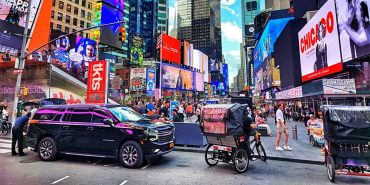
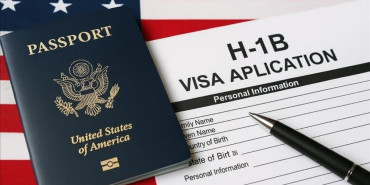
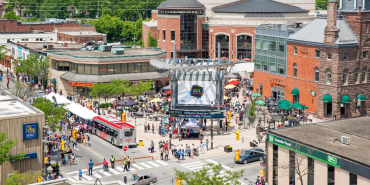




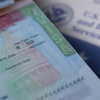

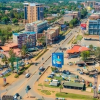
Comments
Kenyans, do not seek to…
Permalink
Kenyans, do not seek to migrate just for the sake of it. Education is proving sometimes too expensive and the returns are proving to be minimal. Quality of life is more important. When you migrate you are labeled "black". Anywhere you wish to migrate in western countries, read their history of how they treat their black population. Find out how they currently treat them.
This is the age of information; you-tube; newspapers; Google. Read about discrimination, racism and especially now when it is at all times high as they make their countries "white" again.
Do your research, talk to families, friends and relatives. Visit the place you intend to move to. Find out about the black population that is homeless, in jail and more.
Make an informed decision. Wish you well.
But even in Kenya you are…
Permalink
But even in Kenya you are screwed left right and center by the govt. Wacha watu wakajitengenezee maisha nje
Whichever route you decide…
Permalink
Whichever route you decide to take remember to get out of your comfort zone if you want to enrich your majuu experience. Starting life majuu can be overwhelming but if you focus on education, jobo/career and stay away from trouble you will be fine. Think outside the box when it comes to what jobo or education you want to do. Unfortunately most Kenyans do this one line of jobo and forget about engineering, real estate, consulting, etc. Why work madoubles, night shifts, weekends for years? Don’t choose the easy way just because others did, follow you passion to the tooth and it will happen. Above all guard your conscious, if worries and stress come, talk to someone for help, drink responsibly like there is a tomorrow, don’t drink and drive! It all boils down to self-management, it doesn’t matter where you are, there are challenges everywhere, you just have to master yourself through them.
Everybody rational reading…
Permalink
Everybody rational reading this should agree with Mos mos.
Add new comment